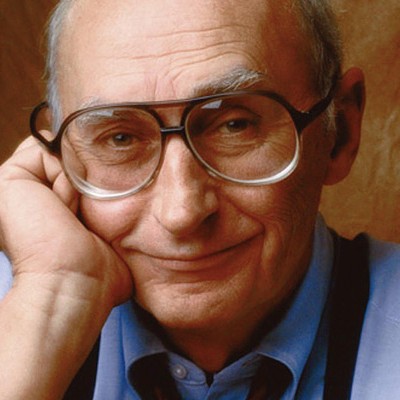Increasing the minimum wage doesn’t cause job loss as commonly thought, according to researchers pushing for a higher minimum wage in Illinois. State lawmakers will likely consider a bill this month that could mean higher pay for 1.1 million low-wage Illinois workers.
The report, released Jan. 30 by the Washington D.C.-based Economic Policy Institute, touts raising Illinois’ minimum wage as a means to boost the economy and help families struggling in the recession. The report challenges conventional wisdom by claiming that a higher minimum wage doesn’t negatively affect job growth or cause job loss.
The report cites research from the University of California-Berkeley’s Institute for Research on Labor and Employment. Researchers there studied wages at restaurants and similar jobs in counties that border states with different minimum wage laws, finding no reduction in headcount in states with higher wages.
“For cross-state contiguous counties, we %uFB01nd strong earnings effects and no employment effects of minimum wage increases,” the UC Berkeley researchers said. “…These estimates suggest no detectable employment losses from the kind of minimum wage increases we have seen in the United States.”
Doug Whitley, president and CEO of the Illinois Chamber of Commerce, said his group opposes raising the minimum wage because it would hurt small businesses.
“A small business has only got so many dollars to spend on wages,” Whitley explains. He decries Illinois’ history of raising the minimum wage.
“There are economic consequences to political decisions,” Whitley says. “What politicians often think is they can do anything, and there’s no economic consequence, that the employer community can absorb any cost. That’s just not true.”
EPI’s report claims a minimum wage increase actually increases jobs because families relying on low-wage jobs often forgo basic needs during financial hardship.
“Like unemployment insurance benefits or tax breaks for low- and middle-income workers, raising the minimum wage puts more money in the pockets of working families when they need it most and, in turn, augments their spending power in the local economy,” the report explains. “Economists generally recognize that low-wage workers are more likely than any other income group to spend any extra earnings immediately on basic needs or services that they could not previously afford.”
Whitley says small business owners prefer to hire young workers, but raising the minimum wage makes it less attractive to hire young workers, who generally require more training.
EPI’s report says only 6.6 percent of minimum wage workers in Illinois are teenagers who work less than 20 hours per week. Almost 29 percent of those who would benefit from an increase are parents supporting at least one child, EPI says.
Whitley says that signals a major problem with Illinois’ workforce. Too many workers lack the job skills and qualifications to fill roles desperately needed by employers, he says.
“I don’t think we’re spending nearly enough time making sure we have workforce-ready, skilled workers coming out of our school system,” he says. “…If people are not prepared to run a CAD (computer-aided drafting) machine, not prepared to be a technically-skilled person, what’s left? It’s going to be an easy, minimum-wage-type role. Employers tell me all the time that they’re desperate for skilled workers. There’s a huge skill gap that needs to be fulfilled if you’re going to move workers to a higher wage.”
State Sen. Kim Lightford, D-Maywood, says she’ll push for legislation in the Illinois General Assembly’s spring session to gradually raise Illinois’ minimum wage from its current $8.25 to $10.65 by 2014. Lightford’s bill, Senate Bill 1565, would include annual cost-of-living increases tied to inflation. Illinois is one of 17 states with a minimum wage higher than the $7.25 federal level.
To read EPI’s report, visit tinyurl.com/ILminwage.
Contact Patrick Yeagle at [email protected].




















